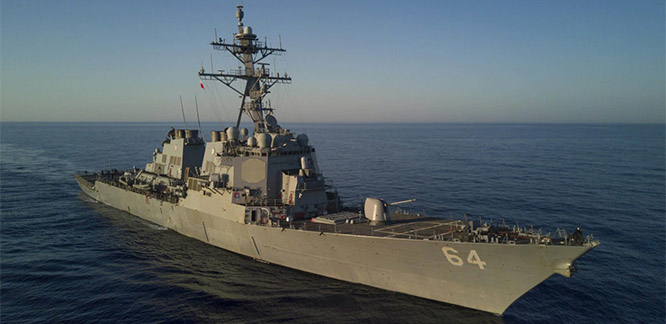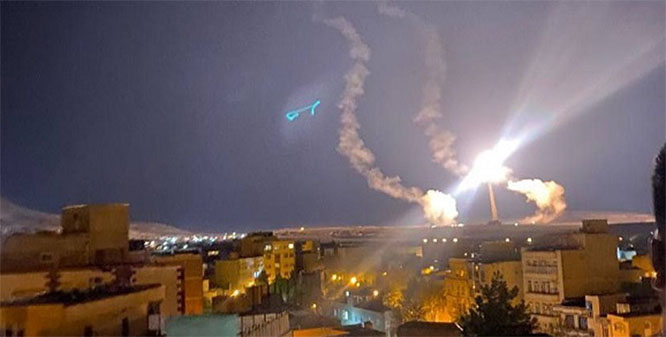Beijing, Mar 16: Saudi Arabia's King Salman began a visit to Beijing Thursday that highlights growing ties underpinned by China's thirst for Saudi oil and the kingdom's status as a key link in Beijing's bid to connect China to Europe through infrastructure development.

Salman went immediately into talks with President Xi Jinping following a formal welcoming ceremony at the Great Hall of the People, the seat of China's legislature. The 81-year-old monarch's visit is part of a monthlong swing through Asia in a push to develop a less oil-dependent growth strategy.
During Salman's visit to Tokyo earlier this week, the Saudi sovereign wealth fund announced a new $25 billion technology fund with telecom giant Softbank.
Beijing for its part is rolling out a trade and investment initiative across Central Asia and the Middle East called "One Belt, One Road," and sees the desert kingdom as a regional linchpin.
In opening remarks at their meeting, Xi said he looked forward to discussing projects under development, and said results so far "have surpassed our expectations."
Security ties between the two have also grown significantly, with the Saudi air force deploying Chinese unmanned attack drones and the two militaries holding joint counter-terrorism exercises in western China. Chinese navy vessels have also visited the Saudi port of Jeddah as part of increasingly active maneuvers in the Gulf of Aden.
Chinese officials say their overriding security interest in the Middle East is to prevent ethnic Uighur fighters who have left western China and joined militant groups in Syria and Iraq from returning to strike at China.
"China's Uighur ethnic minority is a key if sometimes under-appreciated factor in Beijing's Middle East strategy," said Andrew Scobell, a political scientist at the RAND Corporation.
Xi has signaled his desire to play a bigger role in the region as part of China's quest for resources, markets and increased global influence on a par with its economic heft. In a major speech before the Arab League in Cairo last year, Xi indirectly alluded to how the U.S. presence had waned and how China hoped to present an alternative.
"Instead of looking for a proxy in the Middle East, we promote peace talks," Xi said. "Instead of attempting to fill the vacuum, we build a cooperative partnership network for win-win outcomes."
A relative newcomer to the Middle East's complicated politics, China has tried to maintain friendly ties with all sides, despite sometimes conflicting geopolitical interests.
Beijing has backed President Bashar al-Assad in the Syrian conflict, while Saudi Arabia has insisted on Assad's ouster and has supported the Syrian opposition, including Islamic militant groups unfriendly to China over Beijing's sometimes harsh treatment of its Muslim minority.
China has also maintained close ties to Saudi Arabia's bitter enemy Iran.
Salman, who is traveling with a 1,500-strong company of businessmen, princes and support staff in close to a dozen aircraft, is next due to visit the Indian Ocean island nation of the Maldives. Along with Japan, he earlier visited Indonesia, Malaysia and Brunei.







Comments
Add new comment